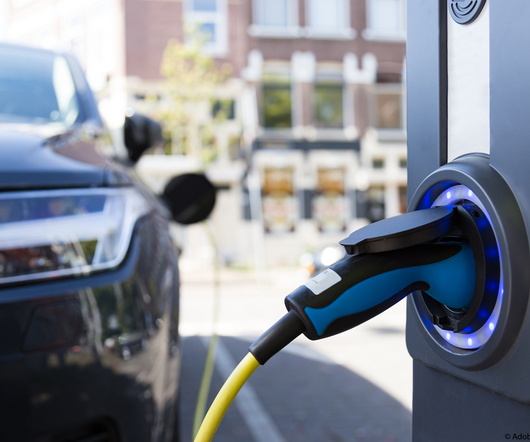EEA: average CO2 emissions from new cars and new vans in Europe increased in 2018
Green Car Congress
JUNE 25, 2019
The main factors contributing to the increase of new passenger cars’ emissions in 2018 include the growing share of gasoline cars in new registrations, in particular in the sport utility vehicle (SUV) segment. Moreover, the market penetration of zero- and low-emission vehicles, including electric cars, remained slow in 2018.











Let's personalize your content